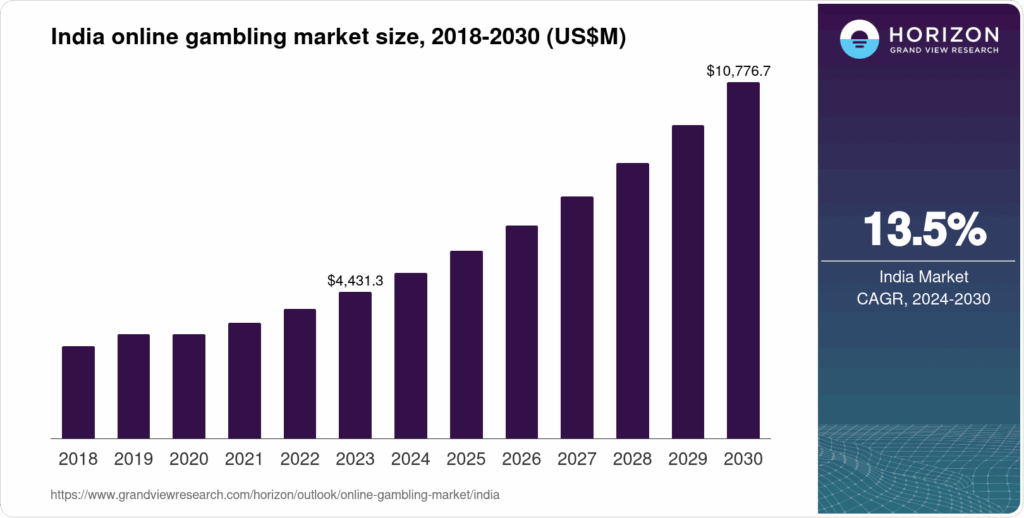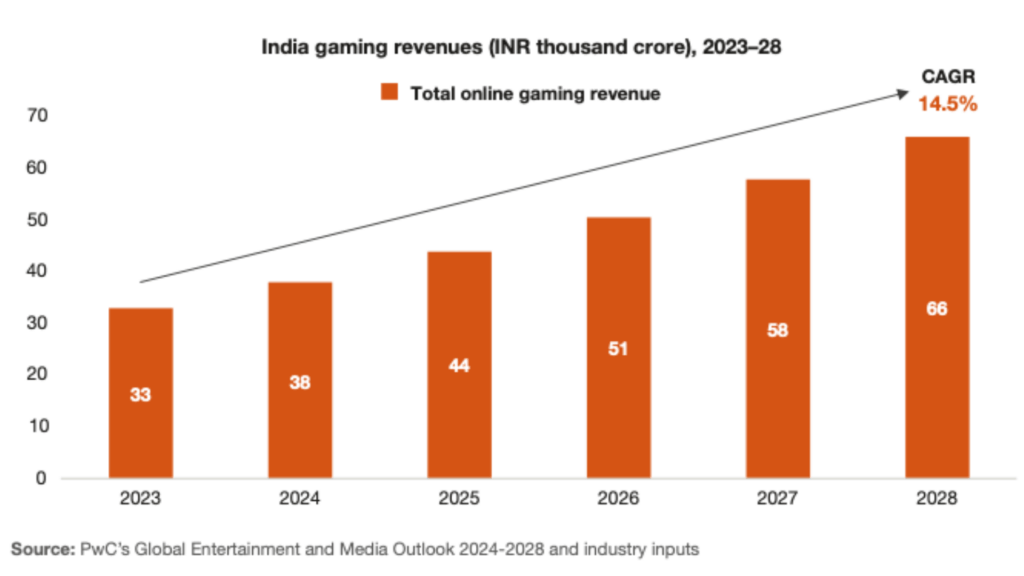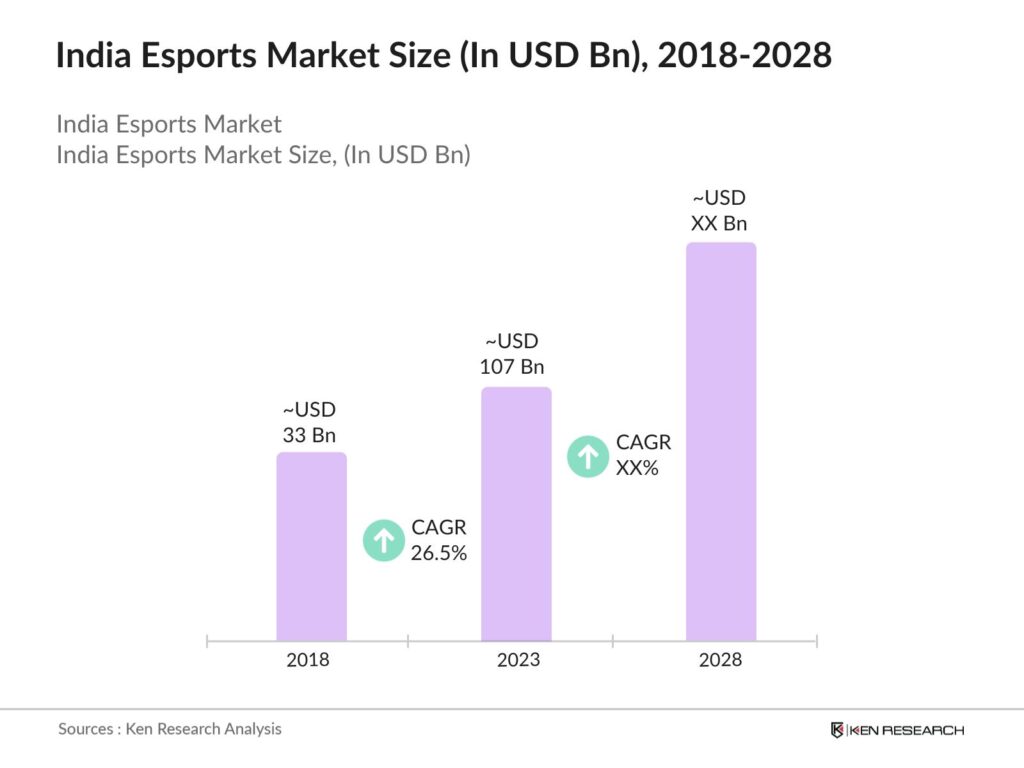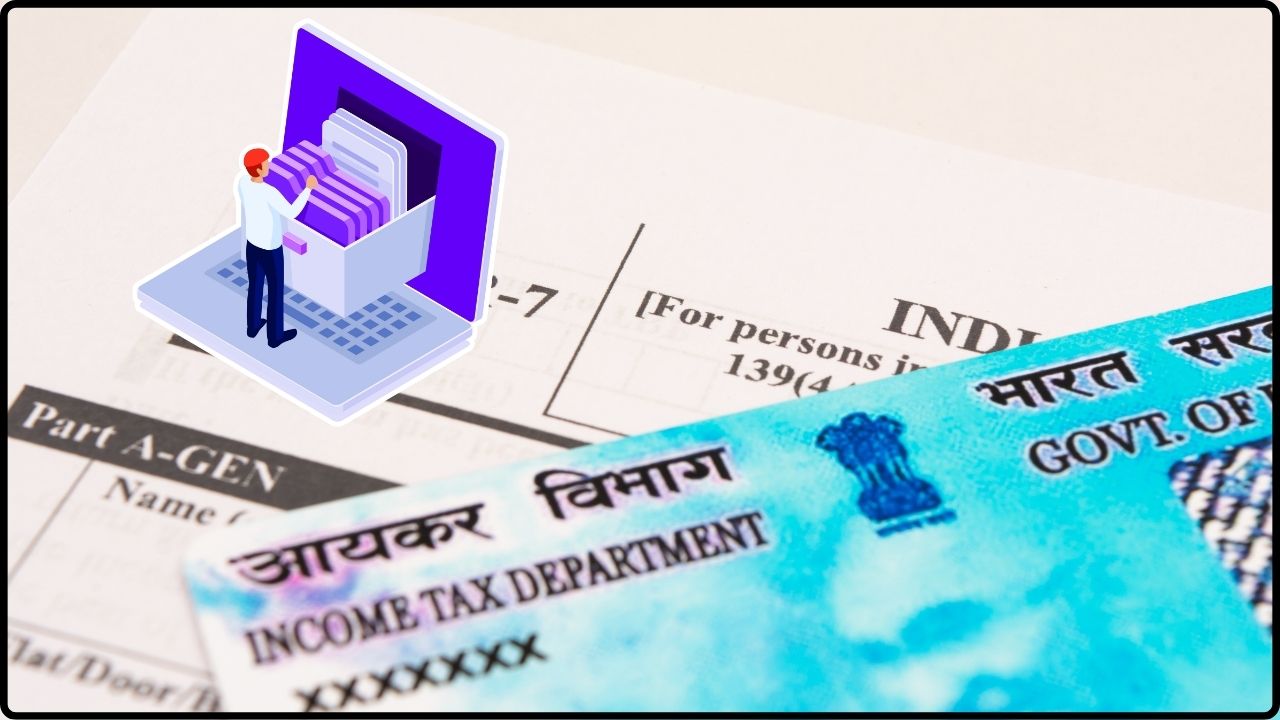
Online Gaming Bill Hits Hard: The Online Gaming Bill, 2025 has shaken up India’s booming tech and gaming scene, marking one of the most dramatic shifts in digital entertainment law in recent years. With this legislation, betting apps face a complete shutdown amid concerns over fraud, money laundering, addiction, and even terror financing. If you’ve ever tried your hand at fantasy cricket on Dream11, or played a round of online rummy with real money, you’re probably wondering—what happens next? The short answer: things will never be the same again.
Online Gaming Bill Hits Hard
The Online Gaming Bill, 2025 is a watershed moment in India’s digital journey. By banning real-money betting apps, the government has drawn a clear line between gaming for fun and gambling for money. Sure, it’s a heavy blow for companies and investors, with billions in potential revenue wiped out. But it’s also an opportunity to redirect talent, innovation, and capital toward esports, education, and healthier forms of gaming. For players, the message is simple: withdraw your money, uninstall betting apps, and look forward to a future where gaming is about fun, skill, and community—not financial risk.
| Point | Details |
|---|---|
| Bill Passed | Promotion and Regulation of Online Gaming Bill, 2025 |
| Impact | Ban on real-money gaming apps (poker, rummy, fantasy sports, lotteries, betting) |
| Penalties | Jail up to 3 years, fines up to ₹1–2 crore |
| Reason | To curb fraud, money laundering, addiction, and terror financing |
| Industry Loss | Estimated ₹20,000 crore annual tax loss |
| Future | Promotion of esports, educational gaming, and safe digital platforms |
| Reference | Official Parliament Record |
Why the Online Gaming Bill Was Introduced?
India’s online gaming industry wasn’t just growing—it was exploding. By 2024, reports valued the illegal betting market at ₹8.3 lakh crore, expanding at nearly 30% annually. Compare that to India’s movie industry or even cricket’s IPL earnings, and you’ll see how massive the stakes were.
The problem? A lot of that money was untaxed, flowing through underground channels, and sometimes ending up funding criminal networks. Parents also began raising alarms about the psychological and financial toll on kids and young adults. Stories of teenagers spending their tuition fees on online rummy weren’t rare—they were becoming headlines.
For lawmakers, this wasn’t just about entertainment. It was about public health, national security, and financial stability.

What Exactly Does the Online Gaming Bill Do?
Think of it as a reset button for India’s gaming scene.
Main Provisions:
- Ban on Real-Money Games: Any game involving monetary stakes—be it poker, rummy, or fantasy sports—is outlawed.
- Heavy Penalties: Violators risk jail time of up to three years and fines up to ₹2 crore. Repeat offenders face harsher consequences.
- Advertising Restrictions: Celebrities, influencers, and even social media creators promoting betting apps will face penalties.
- New Regulator: A National Online Gaming Commission will oversee the industry, licensing safe platforms and enforcing laws.
- Esports & EdTech Boost: Non-monetary competitive gaming, educational games, and recreational platforms are encouraged.
Case Studies: When Gaming Became Gambling
This crackdown didn’t happen in a vacuum.
- In 2023, enforcement agencies uncovered an app disguised as a “skill game” that siphoned ₹1,200 crore through fake wallets. The operators were linked to international crime syndicates.
- In Hyderabad, a college student reportedly lost over ₹10 lakh in online poker, borrowing money from friends and family before spiraling into depression.
These cases illustrated how blurred the line between gaming and gambling had become.

How This Impacts Different Groups?
Casual Gamers
If you’re into Fortnite, FIFA, PUBG Mobile, or Call of Duty, you’re safe. These games don’t involve betting and remain untouched.
Fantasy Sports Players
If you loved building teams on Dream11 or My11Circle, the real-money versions are banned. Free-to-play versions might still exist, but they’ll lose much of their thrill.
Parents
Relief is the keyword. With the law shutting down gambling disguised as gaming, parents can feel more secure about their kids’ online habits.
Companies
This is where the pain hits hardest. India’s online gaming market was projected to reach $8.6 billion by 2027. Now, the rug’s been pulled. Investors are anxious, startups face closures, and thousands of jobs could vanish.
The Psychology of Gaming Addiction
It’s not just about money. Psychologists argue that online betting apps were designed like casinos in your pocket. Bright colors, flashy rewards, and “almost-win” moments kept players hooked, releasing dopamine in the brain the same way slot machines do.
That’s why addiction skyrocketed. According to a 2023 study, nearly 23% of Indian gamers admitted to spending more money than they could afford on real-money apps. That figure raised red flags not only for families but for lawmakers as well.

Global Comparisons: How Other Nations Handle It
- United States: Gambling laws differ by state. Nevada allows online poker under strict regulation, but Utah bans everything.
- United Kingdom: Operates under a regulated model. The UK Gambling Commission ensures transparency, fair play, and taxation.
- China: The strictest of all—kids are allowed only a few gaming hours per week, and gambling apps are outright banned.
India’s new law leans closer to China’s hardline approach, prioritizing social safety over revenue.
Economic and Career Implications
Industry Losses
With an estimated ₹20,000 crore annual tax shortfall, India’s exchequer is taking a hit. Startups, many of which attracted foreign investments, will struggle to survive.
Career Shifts
- Coders and Developers: Expected to pivot toward esports, AR/VR, and educational gaming.
- Marketers: Need to re-strategize campaigns toward family-safe, non-betting platforms.
- Investors: Likely to channel funds into esports, which is projected to become a $4 billion market in India by 2030.
In short, while some jobs vanish, others will be created.
Practical Advice: What Should You Do Now?
- Withdraw Funds: If you’ve got money in app wallets, cash out before platforms disappear.
- Avoid Offshore Sites: Don’t be lured by shady overseas websites. They’re illegal and unsafe.
- Explore Esports: With official backing, esports tournaments in games like BGMI and Valorant are poised to grow.
- Parents’ Role: Monitor screen time, talk openly about online habits, and use parental controls where necessary.
- Stay Informed: Follow updates on the Ministry of Electronics & IT site for regulatory changes.
Looking Ahead: The Future of Gaming in India
Believe it or not, this ban could set the stage for something bigger.
- Esports Boom: India may become the next South Korea, with packed esports arenas and international tournaments.
- Educational Gaming: Imagine schools using gamified platforms to teach math or coding. The edtech sector is ready to grab this opportunity.
- Safer Ecosystem: With clear regulations, legitimate developers can innovate without competing with shady operators.
This shift may hurt in the short run, but long-term, it could place India on the global gaming map for the right reasons.
Supreme Court Set to Decide on 28% GST for Online Gaming—The Verdict That Could Change the Industry!
GST Slashed To Just Two Rates As 99 Percent Items Get Cheaper This Diwali
No GST on UPI Payments — Government Clears the Air in Rajya Sabha






